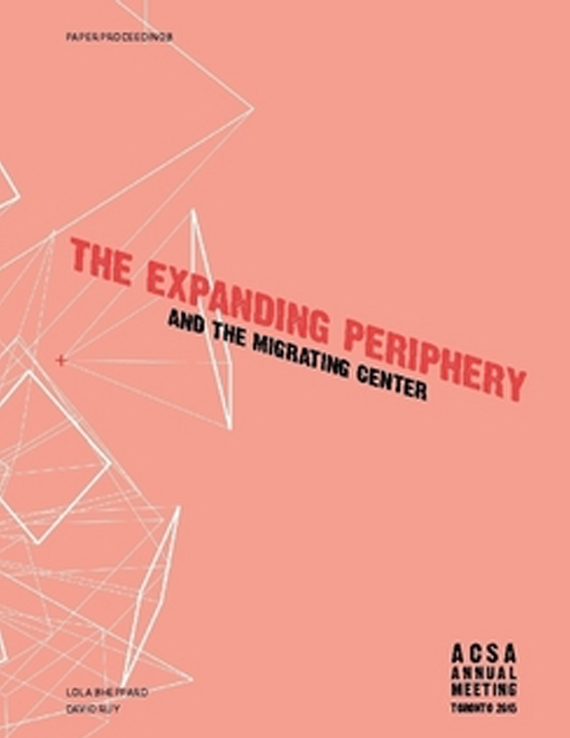Author(s): Suzanne Harris-Brandts
Throughout the last decade increasing attention in the architectural field has been given to attempts at acquiring a new form of socio-political agency. Building upon movements from the 1960’s, this contemporary resurgence has manifested as a reaction to economic and environmental instability and as such has emphasized how designers might elevate themselves to a place of greater engagement in situations of humanitarian crisis. This attention, however, has not been equally matched by a desire to understand the primary ethical implications of foreign intervention and has generally failed to address the invariable complications intrinsic to becoming involved. In order to confront such ethical shortcomings, an investigation is made into relevant ethical frameworks further developed in anthropology, philosophy, and law, drawing upon the work of various interdisciplinary academics along the way. The overarching purpose of this paper, therefore, is to illuminate the rela¬tions between spatial agency during times of humanitarian crises and responsible ethical practices of foreign designers engaging in such territory. If, we take as a given the premise that humanitarian and activist practices are pivotal to architecture’s self-definition, how might we then shift the discussion over to a more ethical notion of such agency? How might we effectively locate humanitarian efforts within the professional development of architecture?
Volume Editors
David Ruy & Lola Sheppard
ISBN
978-0-935502-95-4

 Study Architecture
Study Architecture  ProPEL
ProPEL 
